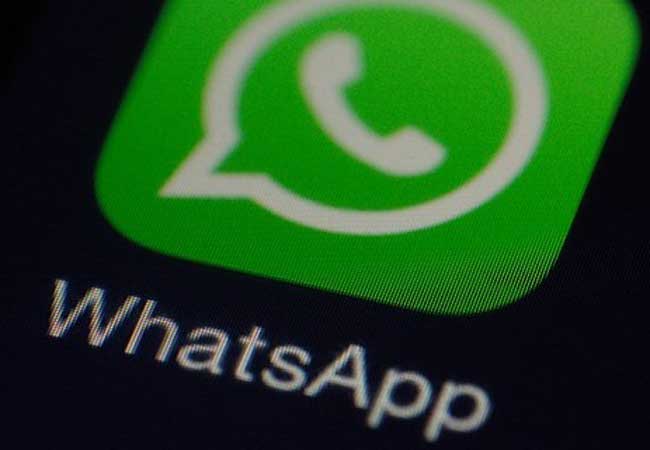There is a very simple answer to this complex-sounding question. When an app has more than 1.5 billion users across the globe, and it is one of the most used apps in the market, is a favorite messaging app for millions of users, and is free to use, WhatsApp is invariably one of the famous apps that are being used as digital marketing tools.
WhatsApp for Digital Marketing

More than 60 billion messages are sent using WhatsApp every day. Many companies and research teams have been conducting various surveys to analyze the value of WhatsApp as an effective marketing tool.
One such survey claims that more than 50% of the users prefer to use WhatsApp to directly communicate with enterprise and purchase a product through WhatsApp. As many as 70% of the users use the app daily to interact with others, 90% of the messages sent on WhatsApp are opened and read within three seconds of receiving the message. Users open the app at least 20 times a day on average, while more than 60% of the users have confessed to using the app 60+ times each day.
With such extensive usage of the app, it comes as no surprise that businesses are looking at the app with increased interest. Imagine being able to finalize a transaction using WhatsApp private chat. Wouldn’t it be easy for the enterprises to use a single app for promoting their brand, providing customer service, and improving their ROI?
The percentage of sales taking place through WhatsApp is growing gradually when compared to online sales. More and more customers are using WhatsApp to directly order a product with the enterprise, rather than making an online purchase. By sharing the WhatsApp phone number on social media, enterprises are spreading roots and creating a presence on the messaging app as well.
We all know WhatsApp has a no-ads policy, which is one of the reasons why we love the app so much. So how do enterprises use the app to market their brand? Can enterprises send messages to any user? How will spam and other disadvantages of marketing be handled by the developers of the app or by the enterprises and users?
Read Also:
- GBwhatsapp Apk Download Latest Version
- Great Lessons You Can Learn From Clash Of Clans Mod Apk
- How to Download Scribblenauts Unlimited Apk
Let us find answers to these questions in this post
Enterprises do not follow the typical method of sharing ads on WhatsApp. Marketing using WhatsApp is different and interesting. Enterprises share the promotional content using various other features such as,
- Private Chat
- Sending private messages to users and promoting a product or service based on their preferences.
- WhatsApp Groups
- Creating different groups for different products and asking like-minded users to join the groups and get updates.
- Broadcast Lists
- Using labels to categorize contacts and create lists. Sending messages to users on the list with a single click. The messages sent through broadcast features are delivered to the private chatbox of the users, while group messages are sent to the group.
- Bulk Messages
- There are many companies that provide the WhatsApp Bulk Message Service for enterprises. By using API integration and bulk message packages, enterprises can send messages to numerous contacts with a single click.
- Moreover, bulk messages can be personalized to include the name, city, id, and other details of the users to whom the messages are being sent. Bulk messages are a good way to run promotional campaigns and convert the users’ interest to sales. The bulk messages can be scheduled for future dates to continue the promotions effectively.
- WhatsApp Status
- The status posted on WhatsApp has an expiry period of 24 hours. This creates a sense of urgency in the users and prompts them to purchase the product before the period expires. WhatsApp status messages can be used to run flash sales that last for a few hours.
Enterprises cannot send messages to all users of WhatsApp. Though there is no geographical barrier, enterprises will need to save the phone number of users in their database or contact list. And most importantly, enterprises will need to take explicit permission for users to send them messages. Enterprises do not need explicit permission to reply to customer-initiated messages during the 24-hour window. Any enterprise that sends messages to users without permission will end having the WhatsApp Business account deleted.
WhatsApp Business allows enterprises to get their business account verified. Verified profiles will have a green tick beside the name of the account. This assures users that the account is authentic.
Users can always opt-out of getting notifications from a business. They can exit the groups and block an account if they feel irritated by the constant messages. Enterprises should take care not to spam and work on providing quality service to prevent customers from blocking them on the app.